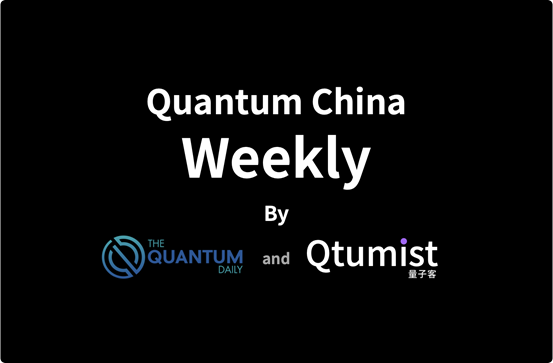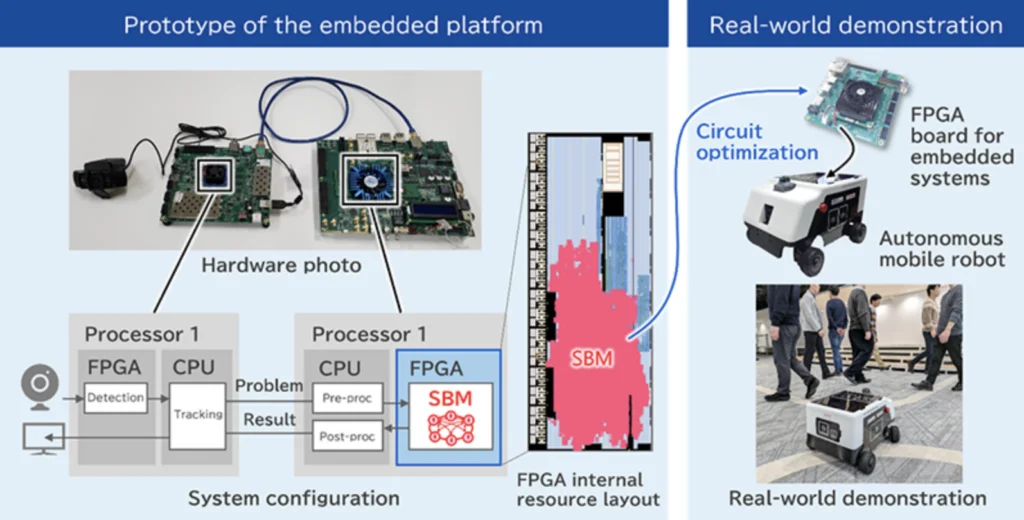
Quantum China is a weekly periodical focusing on China’s quantum information technology, provide a voice for the Chinese quantum technology. It mainly focuses on eight major directions: Policy, Capital, Business, Technology, Research, Education, Conference, and People. Providing researchers, Interested parties, and industry pioneers with all the latest developments in China’s quantum field.
Policy
U.S. Department of Commerce Adds QuantumCTek to “Blacklist”

In the early hours of November 25, the U.S. Department of Commerce’s Bureau of Industry and Security announced the inclusion of 27 foreign entities and individuals on the so-called “military end-user” list, with a total of 27 organizations from four countries being added, in China (12), Pakistan (13), Japan (1) and Singapore (1), for the reason of blacklisting: to prevent emerging U.S. technologies from being used in China’s quantum computing process and posing a security threat. The 12 Chinese organizations include quantum communications giant QuantumCTek (688027), which is already listed on The Science and Technology Innovation Board(STAR Market), and the HeFei National Laboratory For Physical Sciences At The Microscale.
Education
USTC gets approval as China’s first doctoral degree authorization point in the direction of quantum science and technology
Recently, the Ministry of Education has officially announced the list of additional degree authorization points for the 2020 degree authorization independent audit units, and the interdisciplinary discipline of quantum science and technology doctoral authorization of USTC is listed among them. This is the first doctoral degree authorization point in the direction of quantum science and technology in China. The approval of this doctoral degree authorization point has an important role and significance in promoting the development of the discipline of quantum science and technology and enhancing the quality and quantity of training of leading talents in quantum science and technology innovation.
Research
USTC makes significant progress in both quantum precision measurement and dark matter detection
USTC and the Helmholtz Institute in Germany have developed a new ultra-sensitive quantum precision measurement technique, which has been used to further develop the experimental direct search for dark matter. The new technique has been used to further develop the experimental direct search for dark matter, and the experimental results are at least five orders of magnitude better than the previous international best, and for the first time break through the internationally recognized strongest cosmic astronomy boundaries. The research results were published in Nature Physics under the title “Search for axion-like dark matter with spin-based amplifiers”.
Paper:https://doi.org/10.1038/s41567-021-01392-z
USTC achieves optimal detection of high-dimensional quantum entangled states
The team of academician Guangcan Guo at the USTC, in collaboration with the University of Electronic Science and Technology (UST), has achieved the first optimal detection of high-dimensional quantum entangled states. The result solves the problem of detection of two-body high-dimensional entangled states and lays an important foundation for realizing various high-dimensional quantum information processes and studying the fundamental problems of quantum physics in high-dimensional systems. The related results have been published in Physical Review Letters.
Paper: https://journals.aps.org/prl/abstract/10.1103/PhysRevLett.127.220501
For more market insights, check out our latest quantum computing news here.














